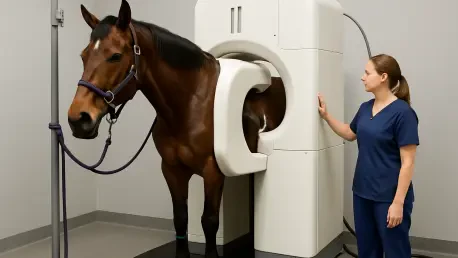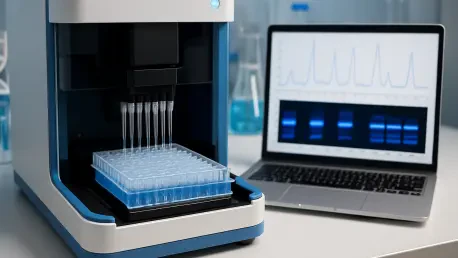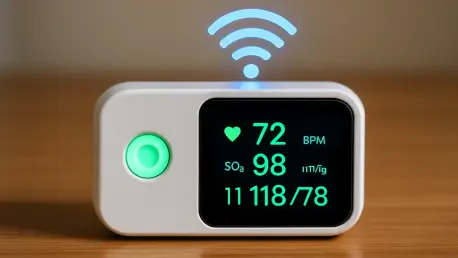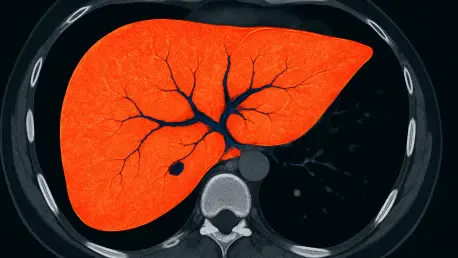
In the ever-evolving field of veterinary medicine, a groundbreaking development has emerged that promises to transform the way equine health issues are diagnosed and managed, particularly for horses requiring detailed imaging without the risks of traditional methods. At a leading equine veterinary

In the fast-paced world of life sciences, where precision and speed often determine the success of groundbreaking research, laboratory automation has emerged as a game-changer, particularly in the realm of nucleic acid analysis. Imagine a scenario where researchers spend less time on repetitive

What if the very device connecting your home to the internet could also safeguard your health? Picture a typical morning: coffee brews in the kitchen, a laptop streams the latest news, and silently, the same WiFi router tracks heart rates with precision rivaling medical tools. This isn’t a distant

Imagine a world where a virtual replica of a patient’s heart could predict and guide life-changing treatments with pinpoint accuracy, transforming the battle against a condition as challenging as atrial fibrillation (AF). This vision became a reality at the ESC Congress, where a groundbreaking

In the dynamic realm of medical imaging, the ability to accurately segment the liver in diagnostic scans such as CT and MRI plays an indispensable role in the fight against liver-related diseases, especially cancer. This intricate process, crucial for pinpointing diagnoses, planning surgeries, and

How can a tiny tool transform the high-stakes world of laboratory automation, where precision dictates success and every second matters? Picture a bustling biotech lab, with samples piling up and researchers racing against time to deliver results. In such environments, even the smallest error can